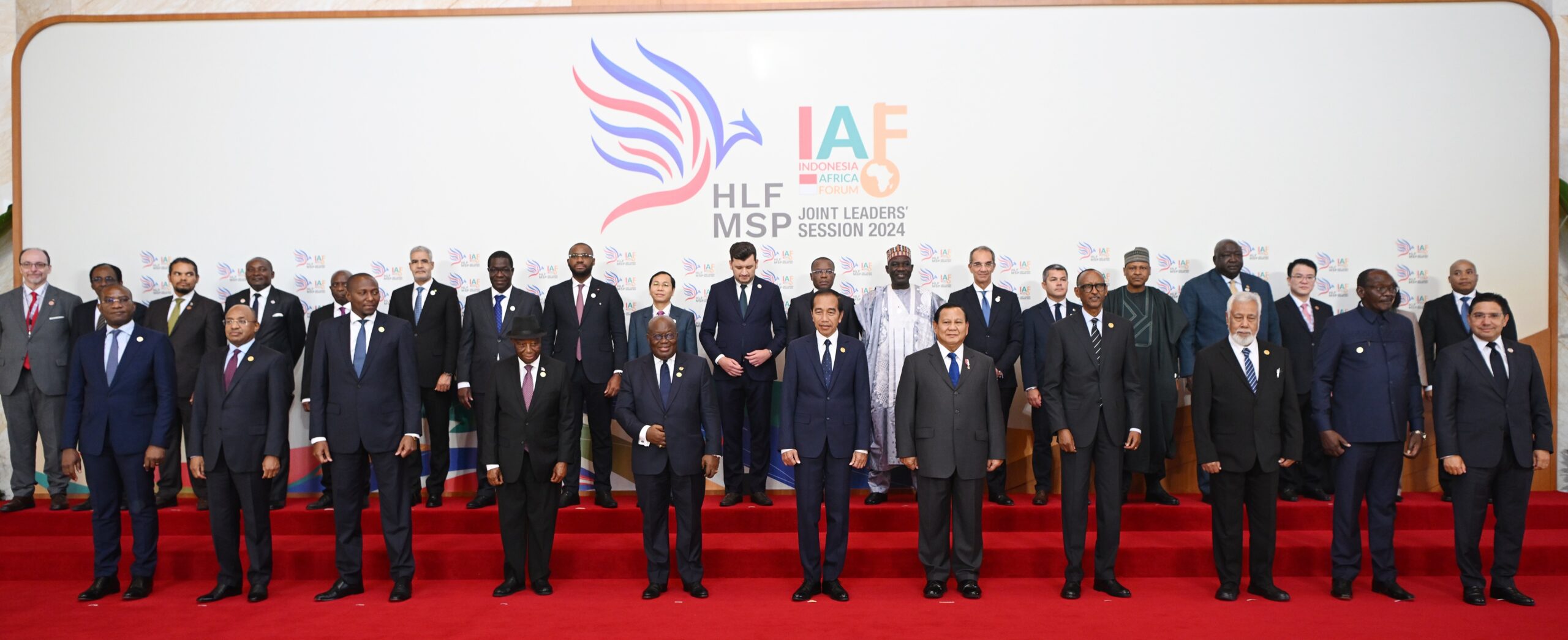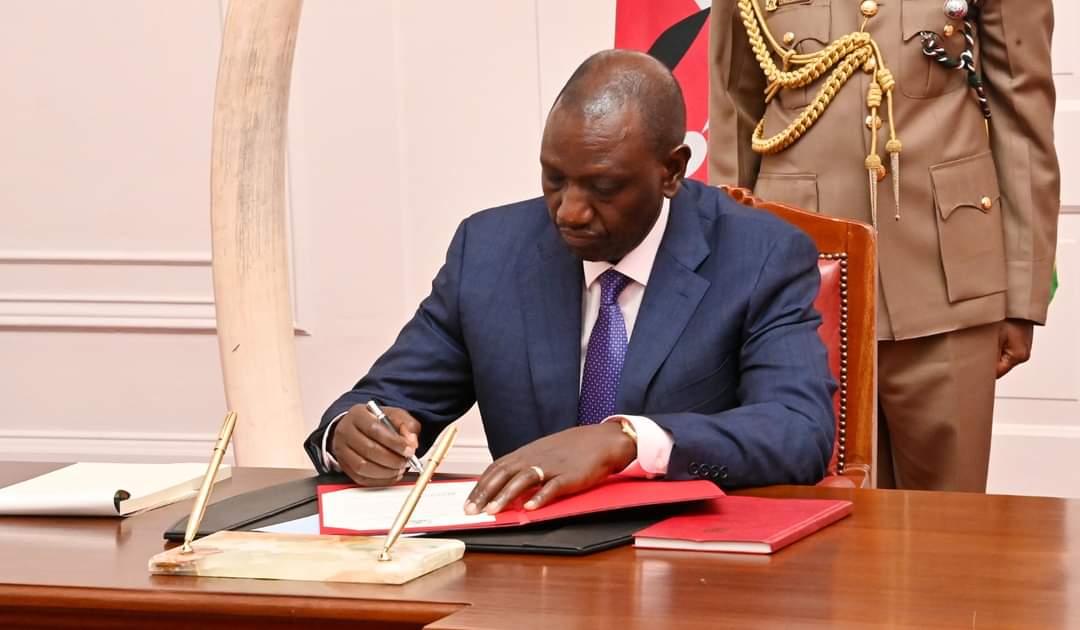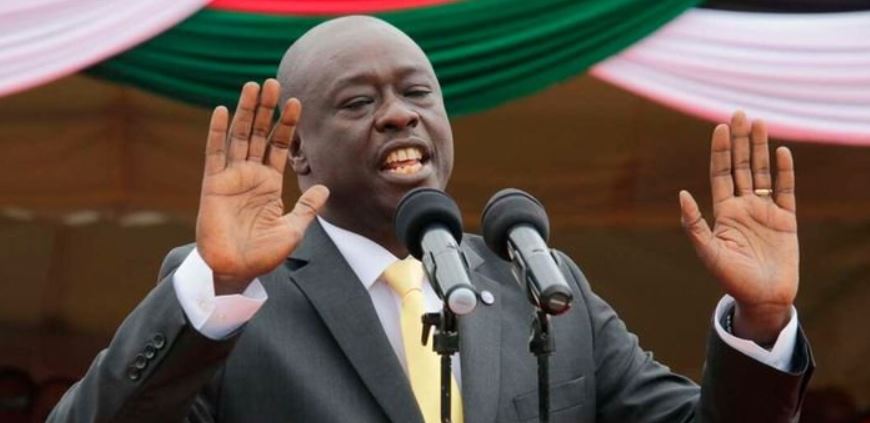The Kenya Revenue Authority (KRA) collected Sh10 billion in taxes from cryptocurrency traders for the first time, with contributions from just 384 customers in the 2023-2024 fiscal year.


This landmark achievement was announced by KRA Chairman Anthony Mwaura at the Taxpayers’ Day celebration held at State House, Nairobi, marking the initial integration of the cryptocurrency sector into national tax contributions.
“This past year, 384 cryptocurrency customers contributed Sh10 billion,” Mwaura said, highlighting the growing role of digital currency in Kenya’s economy. Cryptocurrencies, often used for cross-border payments and online trading, are unregulated by central banks, making tax collection historically challenging.
Each contributor paid an average of Sh26 million in taxes for the year, or about Sh2.17 million monthly. Although KRA did not specify whether the payers were individuals or entities, the collection reflects a promising start. To enhance future collections, KRA is working with the Central Bank of Kenya (CBK) and the cryptocurrency industry on a joint technical committee to develop effective tax strategies.
“If our discussions with CBK succeed this year, we anticipate collecting up to Sh60 billion from the cryptocurrency sector,” Mwaura added, signaling a potential fivefold increase in revenue.
Kenya’s Finance Act of 2023 introduced a 3% tax on digital asset transactions, yet tracking mechanisms are still limited. To address this, KRA is exploring digital technologies for real-time tracking of crypto transactions, facilitating easier tax collection.
As one of Africa’s largest crypto markets, Kenya has seen approximately Sh2.4 trillion in crypto transactions between 2021 and 2022, nearly 20% of the nation’s GDP. With over 729,200 cryptocurrency holders, the market’s growth potential is substantial, ranking Kenya among the top four crypto markets in Africa alongside Nigeria, South Africa, and Egypt.
This historic tax collection underlines KRA’s commitment to harnessing new technologies to regulate and tax the digital finance sector, potentially transforming Kenya’s revenue landscape.













































































































































































































































































































































































































































































































































































































































































































































































































































































































